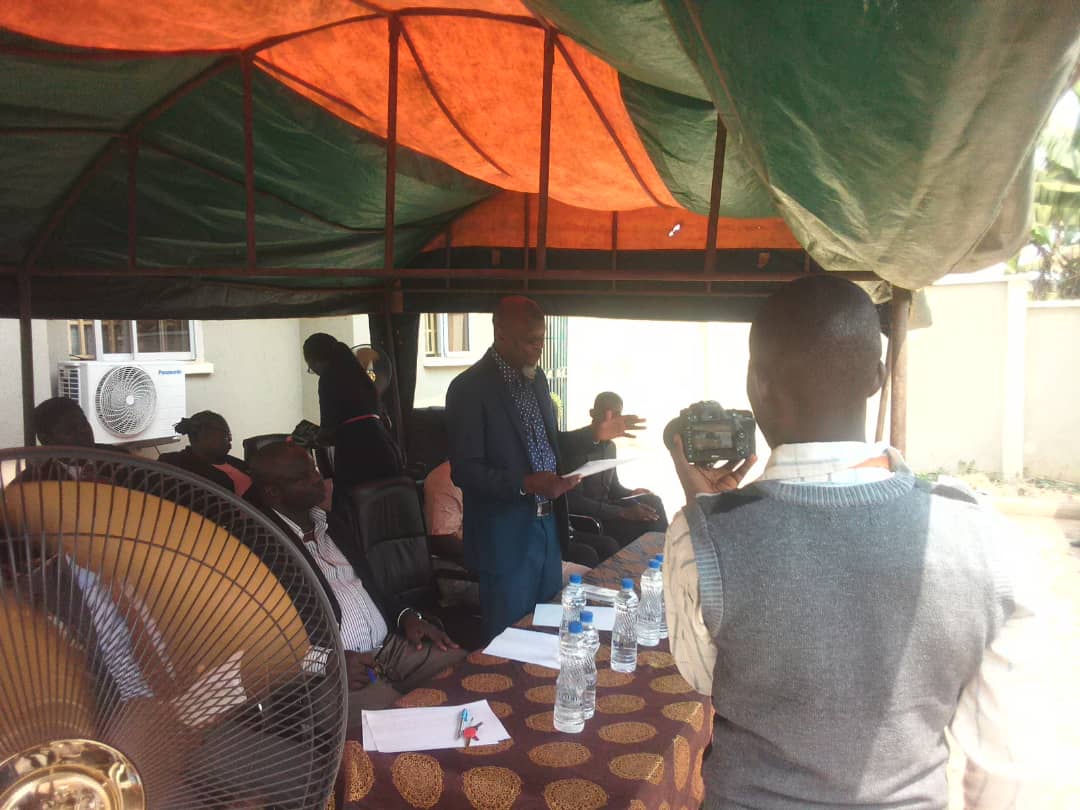The Osun State Office of the Independent Corrupt Practices and Other Related Offences Commission (ICPC) in Osogbo recently played host to 400 level students of Political Science Department of the Osun State College of Education (OSCOED) Ilesha.
The acting State Commissioner, Mr. Baba Alaro Shuaibu who received the visitors, said ICPC cherishes the pursuit of wisdom and knowledge, hence its readiness to oblige students whenever they sought enlightenment and education on the anti-corruption campaign of the Commission.
Explaining the rationale behind the visit, Mr. Olatunji M. Abiodun, a Staff Adviser of the college and leader of the group said Political Science students of the institution were expected to be knowledgeable about the operations of all the arms of government, as well as anti-corruption agencies in Nigeria before being awarded degrees.
He added that the institution chose ICPC for the students’ knowledge quest because of its methodical and humane approach to its duties.
Similarly, Mr. Adedokun I. Adeleke, the Course Lecturer explained that, it was important for the students to appreciate the necessity for multiple agencies like the ICPC, EFCC the CCB because some of the students had reasoned that one anti-graft agency would have been enough, and sought to know the distinction between the mandate of one anti-corruption agency and the other.
In his response, Mr. Baba Alaro said, given the large population of Nigeria, and the need for specialisation to combat different forms of corruption, it has become necessary to have multiple agencies.
He cited the examples of India and Singapore, which have large numbers of anti-graft agencies with specialisation in particular fields of fighting corruption to ensure that the corrupt do not go unpunished.
While explaining the major difference between ICPC and EFCC, the State Commissioner said that ICPC has a scope of fighting and preventing corruption, while EFCC deals with financial crimes, terrorism, etc.
Baba Alaro noted that ICPC’s mandate is tripartite, and it gives the Commission the powers to investigate and prosecute corrupt persons; carry out system study and review of corruption prone procedures in government establishments; and also educate and enlighten the public on the ills of corruption in order to foster their support for the anti-corruption crusade.
He used the opportunity to encourage the students to take ownership of the anti-corruption crusade as stakeholders and future leaders.


